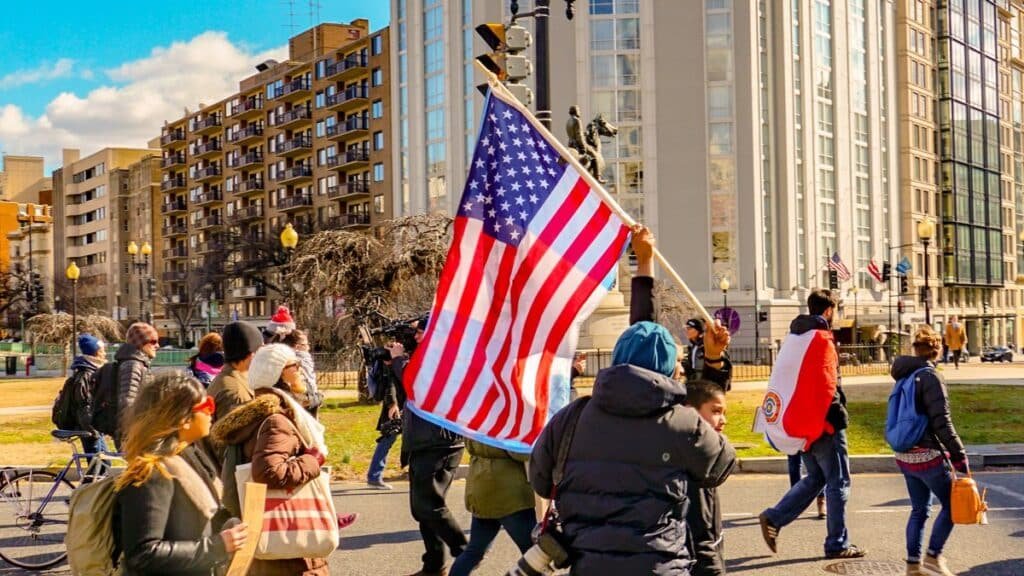A criminal conviction—no matter how old—can make someone deportable. We assist immigrants, especially Spanish speakers, in:
- Vacating old Miami-Dade convictions to avoid removal
- Renegotiating charges that trigger immigration consequences
- Building compelling cases for relief under current and future political climates
Many clients don’t know that these convictions can be overturned—until it’s too late.
FAQs About Criminal Convictions and Immigration Consequences
Yes. Even decades-old convictions—especially for crimes involving moral turpitude or controlled substances—can result in removal proceedings. Immigration law does not offer a “statute of limitations” for deportability.
Vacating a conviction means legally overturning it—often by proving that the plea was entered unknowingly or without proper legal advice about immigration consequences. This can eliminate the basis for deportation.
Immigrants who were not advised of the immigration impact of a plea deal—or whose plea was constitutionally flawed—may qualify. Cases from Miami-Dade and other Florida counties are often revisited on these grounds.
Yes. Immigration enforcement can initiate removal proceedings based solely on the conviction, regardless of how long ago you served time or completed probation.
Common deportable offenses include drug possession, theft, domestic violence, DUI with aggravating factors, and any crime of moral turpitude. Some misdemeanors also qualify under immigration law.
Yes. A criminal defense attorney can work with prosecutors to amend or reduce charges to offenses that carry no immigration consequences, often through post-conviction negotiation or re-plea.
Sometimes. Certain forms of relief—like Cancellation of Removal or Asylum—can factor in hardship, country conditions, or political climate. However, these are complex and require strategic legal arguments.
Yes. Immigration status does not prevent someone from filing a post-conviction motion. The legal right to challenge a flawed plea applies regardless of documentation.
It varies. Some cases take a few months, while others—especially older cases—can take longer due to records retrieval or court scheduling. Acting quickly is crucial to avoid ICE detention or deportation.
Contact an attorney experienced in immigration and criminal defense right away. Do not apply for benefits or attend immigration interviews without a legal strategy in place to address past convictions.

